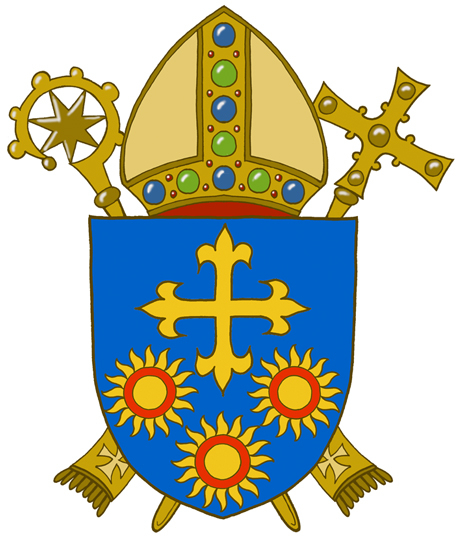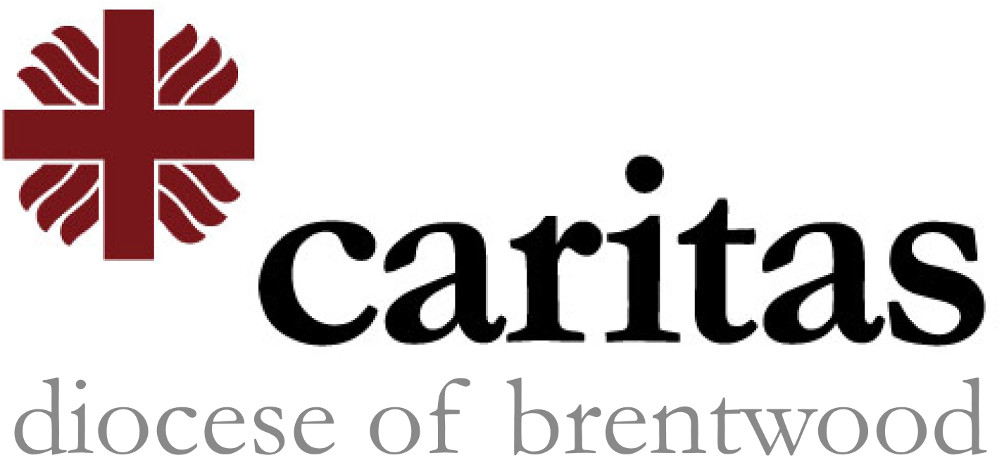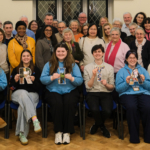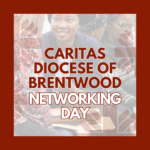“Migrants and refugees are human beings, not just statistics”
What are our Catholic Bishops saying about Migrants and Refugees?
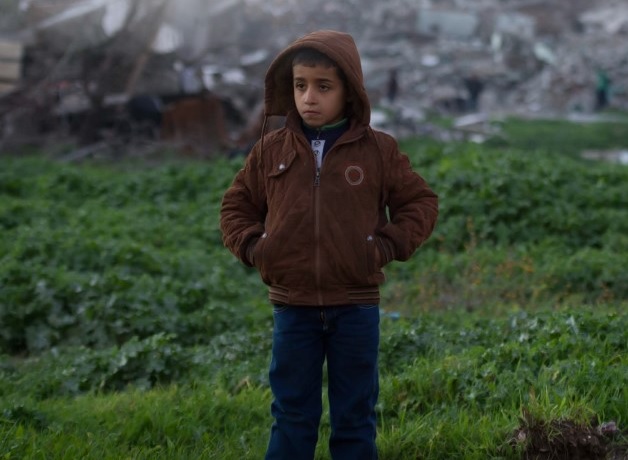
In 2023, people making dangerous journeys across the Channel to reach the UK are called by various names: ‘refugees’, ‘asylum seekers’, ‘migrants’, and often by more derogatory terms.
Love the Stranger is a new publication by the Catholic Bishops’ Conference of England and Wales, Department for International Affairs that articulates our Christian duty to look beyond such labels and see the person who has left their homeland in search of a better life. You can download the document here: cbcew.org.uk/love-the-stranger
Bishop Paul McAleenan, Lead Bishop for Migrants and Refugees for the Bishops’ Conference, emphasises the need to uphold their innate human dignity: “Our starting point as a society must be to recognise migrants and refugees as people. We need to understand their stories, their reasons for leaving their homelands and hopes for building a future here.
“We should never view people arriving from elsewhere as a political problem to be solved, but rather as brothers and sisters who we have a responsibility towards, and who greatly enrich our communities.
“People are driven to leave their countries, sometimes making dangerous journeys or risking exploitation, because of conflict, poverty, oppression, or lack of opportunities. Looking beyond our own borders, we have a duty to help people flourish in their homelands, as well as welcoming those who leave in search of a better life.“
Cardinal Vincent Nichols, President of the Bishops’ Conference, welcomed the publication: “Love the Stranger draws together more than one hundred years of Catholic teaching to guide our response to migration in England and Wales today. While it does not propose detailed solutions to complex problems, it clearly calls for procedures which permit safe and controlled access and a fair hearing to those seeking asylum. Present arrangements in this country are dramatically lacking in both of these requirements.”
Notes: This is a publication of the Department for International Affairs of the Catholic Bishops’ Conference of England and Wales.
- Cardinal Vincent Nichols, Archbishop of Westminster, is President of the Catholic Bishops’ Conference of England and Wales. He is also President of the Santa Marta Group, the Church’s response to the evils of human trafficking and modern slavery.
- Bishop Declan Lang, Bishop of Clifton, is the Chair of the Department for International Affairs.
- Bishop Paul McAleenan is the Lead Bishop for Migrants and Refugees for the Bishops’ Conference. He is an auxiliary Bishop for the Diocese of Westminster.
Contact: You can contact the Bishops’ Conference COMMS team on 020 7901 or email: [email protected]
Father Fabio Baggio CS, the Undersecretary of the Dicastery for Promoting Integral Human Development, praised Love the Stranger’s rich review of, and reflection on, Catholic social teaching: “The text promotes an authentic culture of encounter at all levels and among all the actors involved. As we live in times in which the defence of the dignity of each human person may seem under threat, Love the Stranger invites us to not give up on the opportunity to live our catholicity ever more fully, to build more just and equal societies for the benefit of each and every person, and to be open to the contribution that strangers can offer as we care for their integral human development and ours.”
Fr Manuel Barrios Prieto, the Secretary General of COMECE (Commission of Catholic Episcopal Conferences of the European Union) welcomes the publication as an important step forward towards the promotion and protection of migrants: “This advocacy document on the Catholic response to migrants and refugees is a timely reference and guidance in our polarised European societies. It offers sound orientations on migration and asylum not only for Catholics but for any person of good who considers human dignity as the basis for harmonious social coexistence. It is not a mere compilation of principles of the Social Doctrine of the Church on the matter, but a reflection on how these principles should be applied to the current challenges faced by our states and societies.”
Christine Allen, Director of CAFOD, the official aid agency of the Catholic Church in England and Wales, stresses that people have a right to flourish in their homelands: “People around the world continue to be tormented by conflict, which drives them from their homes as they seek safety. Communities are also losing their homes and their livelihoods to a climate crisis they did not cause.
“Working toward peace and tackling the climate crisis are the defining challenges of our time and we must show solidarity to those in need. The UK government can rise to these shared global challenges by reversing the counter-productive cuts to the aid budget, and prioritising countries impacted by conflict and climate change.
“Failure to act will mean people around the world continue to see their lives turned upside down and their homes destroyed by conflict and climate change.”
